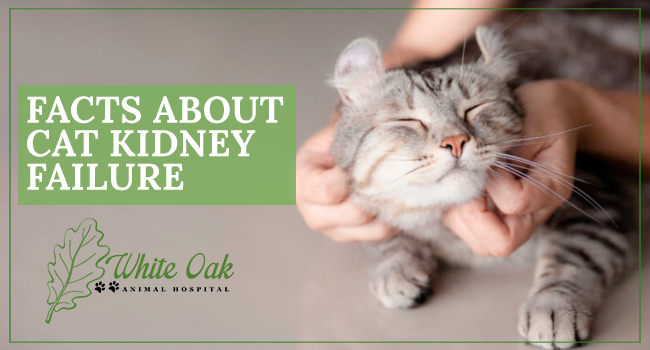
If your pet experiences any symptoms of cat kidney failure, immediately take them to your veterinarian.
If they have acute renal failure, immediate medical attention will typically provide a solution.
However, if your cat has chronic kidney disease, ongoing care is necessary.
To relieve the symptoms of renal failure and prolong your cat’s life, you must address the following:
- Dietary therapy
- Protein loss
- High blood pressure
- Phosphorus and calcium abnormalities
- Low potassium
- Anemia
- Fluid replacement with subcutaneous fluids
- Treatment of acidosis
First, consult your veterinarian to confirm a proper diagnosis.
Cat Renal Failure Overview
Cat kidney problems can be sudden (acute renal failure) or gradual (chronic renal failure).
There are four goals of treatment for cats with renal failure.
- Decrease signs of uremia including gastritis and poor appetite
- Regulate fluids, electrolytes, minerals, and acid-base status
- Provide optimal nutrition
- Slow progression
Acute Kidney Injury – Acute Renal Failure (ARF)
Acute renal failure is usually a sudden condition triggered by an event, such as your cat eating something poisonous like antifreeze or a toxic plant.
Renal failure is usually treated with IV fluids and other medications.
Chronic Kidney Disease – Chronic Renal Failure (CRF)
Chronic Renal Failure, or CRF, is an ongoing disease related to progressive loss of kidney function.
The goal in treating chronic renal failure is to help your cat maintain the remaining renal function as long as possible.
Cat Kidney Disease Symptoms
- Frequent urination
- Litter box accidents
- Drinking more water
- Bladder and kidney infections
- Weight loss
- Decreased appetite
- Vomiting
- Diarrhea
- Bloody or cloudy urine
- Mouth ulcers
- Bad breath
- Dry coat
- Constipation
- Weakness and lethargy
Cat Renal Failure Diagnosis
Cat kidney failure symptoms include weight loss, vomiting, increased water consumption, diarrhea, and constipation.
Behavioral changes accompany renal failure and include restlessness, nighttime vocalizing, and sometimes dementia.
Advanced cases result in severe weight loss, severe dehydration, and vomiting blood.
You must be aware of the signs of kidney failure in cats and visit your veterinarian for examination and treatment if needed.
Cat Kidney Failure Life Expectancy
Unfortunately, many cats succumb to acute renal failure.
If your cat shows signs of acute renal failure, take them to the vet immediately.
Prognosis For Acute Renal Failure
Your cat’s prognosis for acute renal failure is dependent on the following:
- What caused the renal failure?
- Is renal failure curable?
- How soon did you discover your cat’s illness?
- Was the treatment prompt and aggressive?
Prognosis For Chronic Renal Failure
The prognosis for chronic renal disease is favorable in the early stages.
Most cats improve and return to a close to a normal quality of life, depending on their age and general health.
However, diligent and consistent care is required.
Powerful Tools for Cat Kidney Failure Challenges
There are several quick and easy changes you can make at home to help you give your cat an edge on easing kidney disease and renal failure challenges.
- Learn more about cat renal failure.
- Ask your vet about Epakitin. Epakitin is a chitosan-based supplement that helps with the filtering your cat’s kidneys can no longer do.
- Home cook for your pet. Go PET | TAO’s slow-cooker recipe page and try one of the cat food recipes for kidney disease or renal failure. Make sure to run it by your holistic vet first!
- Learn more about TCVM Herbal Remedies. Chinese medicine offers many amazing natural solutions for dog allergies Some good examples are: